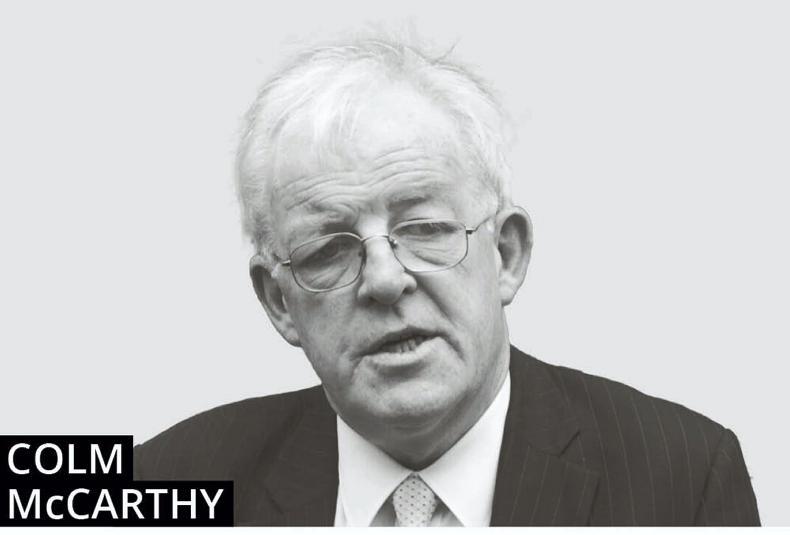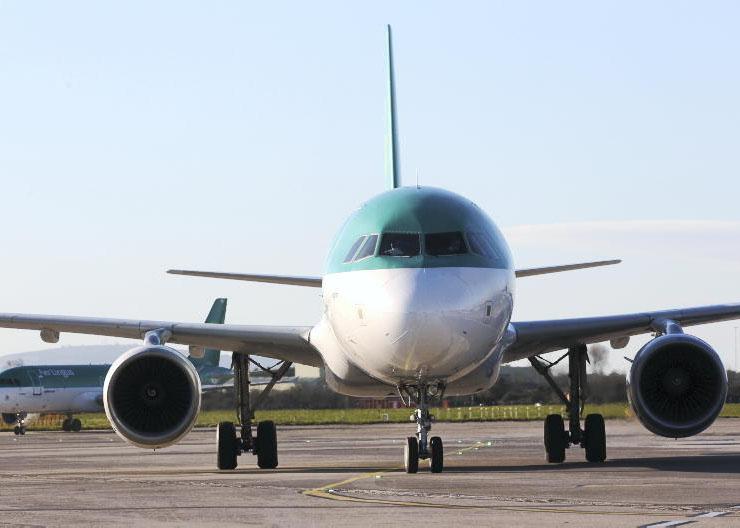Scotland and Northern Ireland rejected Brexit but neither got to exempt itself from the process because support in England and Wales was sufficient to swing the national vote count. Fintan O’Toole’s new book is devoted to English nationalism and its central role in the formation of the narrow majority which set the United Kingdom on its unfinished and hair-raising political, economic and constitutional adventure.
O’Toole is focused on English rather than British nationalism. Just a few weeks after the referendum at the end of June 2016, there were TV documentaries marking England’s only triumph in the football World Cup 50 years earlier. Interestingly, the jubilant celebrations around the country, ecstatic beery crowds, honking car horns and a forest of flags were dominated not by the English standard of St George but by the Union Jack, the red, white and blue symbol of the four-nation amalgam that had built the empire and defended it through the two world wars of the 20th century.
Who doubts that, had the England team been successful in the World Cup in Russia last summer (they came close), the flags on the streets would have been English, not British?
O’Toole charts the erosion of the English identification with Britishness and the search for a substitute narrative through the era of imperial decline that followed the victory over fascism in 1945. It has been found in a strange inversion of empire, the Brexiteer myth that the country has itself been colonised by the European Union since 1973 and must now fight a liberation struggle against the occupier. It matters not that the UK joined this European confederation, and has now left, in undisputed exercise of its full sovereignty.
Dunkirk
There is no occupying army to dislodge, yet the media version, especially on the Tory right, proceeds with evocations of the Dunkirk spirit as if the evacuation of 1940 had been followed by a successful and enduring German occupation. Those opposing Brexit, the release from German domination by escape from the Fourth Reich aka the European Union, can then be identified as quislings, saboteurs and enemies within.
These opponents include politicians, judges, even the England football hero Gary Lineker, people of undoubted patriotism as commonly understood. This rendition of post-war history is ridiculous, counter-factual and paranoid, but this does not detract from its potency in the genesis of the new national Anglo-myth.
Chris Grey, one of the more perceptive English writers on the shambles, has observed that many Tory politicians, not excluding government ministers, have behaved as if the United Kingdom had not resigned, but had been summarily and unjustly expelled, from the European Union. While leaving, it should not be shorn of any of the privileges of membership: to deny the departing UK any trading access is vindictive and tantamount to unprovoked expulsion. Others contend that the crafty Europeans are plotting to retain the UK in an involuntary vassal bondage.
Oppression
These conflicting complaints, sometimes encountered in the same politician, are consistent only in that they feed and reinforce the myth of oppression: the liberation struggle is simultaneously a triumph and a victimisation.
Fintan O’Toole’s new book and his newspaper writings in the Irish Times and the Guardian have been a healthy reminder to commentators, economists in particular, that the UK voted Brexit even though the Leave campaign lost the economic argument hands down: the calculations by all credible teams of economists, numbering dozens in the UK and elsewhere at this stage, support the unsurprising conclusion that departing a deep free trade arrangement with your immediate wealthy neighbours is going to have costs.
For many voters, especially in England where the Leave vote was highest of the four UK constituent nations, the referendum was not just about the economics. O’Toole rightly salutes the Leave campaign’s brilliant slogan “Take Back Control”, quite meaningless on careful inspection but perfectly in tune with the post-imperial angst and sense of victimhood he documents.
Detailed plan
The other stroke of genius was the decision by Leave not to put forward a detailed plan for the execution of Brexit. As subsequent events have so fulsomely demonstrated, none was available, since the project addresses imagined rather than practical concerns.
The Remain option had a clear and specific plan (do nothing) while the voters could choose a roll-your-own version of Leave. Brexit was, and is, an own-goal for the UK economy and the ineffectual success of the Remainers’ victory in the economic part of the argument is testament to decades of failure in the broader political education of the British public about Europe by generations of Labour and Tory politicians. If you have friends or family with any appetite left for the Brexit drama, Fintan O’Toole’s latest offering is the perfect stocking-filler.
Fintan O’Toole: Heroic Failure – Brexit and the Politics of Pain, Head of Zeus, 217 pp.








SHARING OPTIONS